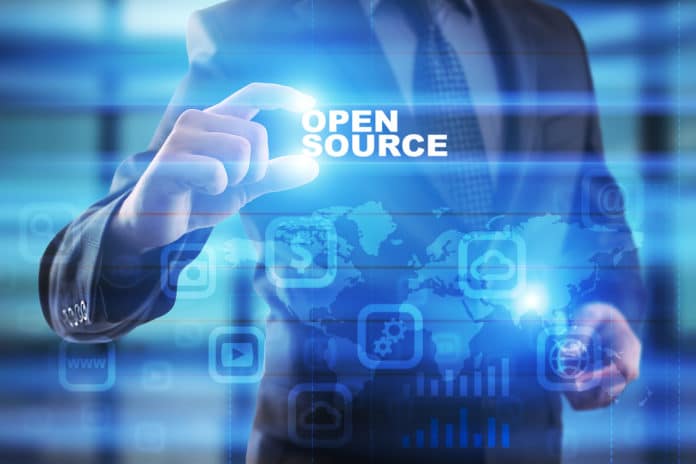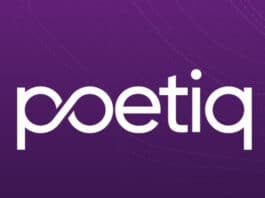Recently filed litigation (“Defendants”) against Microsoft Corporation, GitHub, Inc., and different OpenAI companies (“Defendants”) emphasises fresh difficulties presented by generative artificial intelligence (“AI”) and dangers related to open source software (“OSS”) licence compliance.
Longtime users of OSS include software developers looking for affordable, adaptable, and scalable solutions. Companies have learned to overcome the numerous difficulties posed by the limitations and duties of OSS licence agreements through standards and oversight to simplify licence compliance. Even so, it can be difficult to comply with some OSS licences. New difficulties are arising, even in terms of more routine licence compliance, as generative AI is used more and more in software development.
J. DOE 1 et al. v. GitHub, Inc. et al., Case No. 4:22-cv-06823-JST (N.D. Cal.) is the name of the lawsuit that four unnamed software engineers, J. Does 1-4 (“Plaintiffs”) filed in the Northern District of California in November 2022 against the defendants. The claim is that the defendants’ AI-based systems, OpenAI’s Codex and GitHub’s Copilot, generate suggestions that are frequently nearly exact replicas of code scraped from open GitHub repositories without providing the attribution required by the relevant OSS licences. The plaintiffs claim that they and the class are the owners of copyrighted materials made available publicly on GitHub. Plaintiffs claim that both the Codex and Copilot training and use breach their intellectual property rights and licences.
Twelve causes of action are alleged by the plaintiffs, who speak for the class, and include contract breach and violations of the California Consumer Privacy Act and the Digital Millennium Copyright Act (or “DMCA”).
On January 26, 2023, the defendants submitted motions to dismiss, contending, among other things, that the plaintiffs lack standing because they have not alleged any facts to support the claim that their code would plausibly be produced as Codex or Copilot’s output, causing the plaintiffs to have been harmed. Defendants further argued that Copilot, as a neutral technology, cannot fulfil DMCA 1202’s purpose and awareness criteria, which renders Plaintiffs’ DMCA 1202 claims null and void.
This incident—likely the first of many—highlights the significance of controlling the dangers associated with utilising AI in software development. Even in conventional software development settings, it can be challenging to comply with OSS licence requirements. According to GitHub, the addition of AI to the software development paradigm raises new problems and highlights the value of OSS compliance. The case will be heard in front of the Honourable Jon S. Tigar on May 4, 2023.




